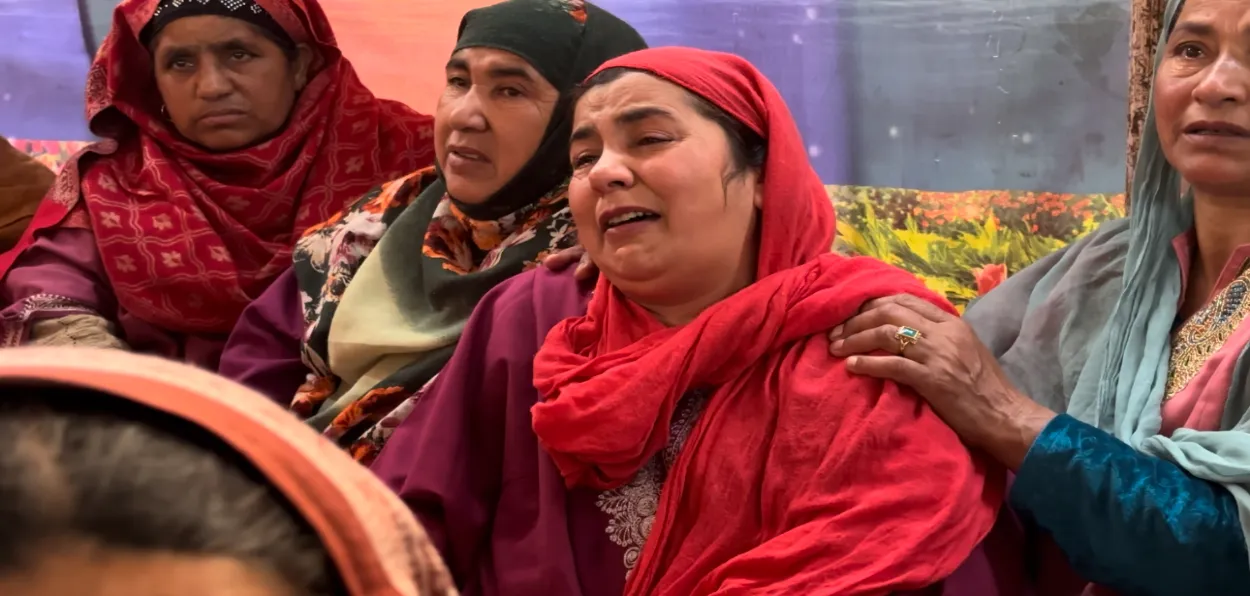
Eman Sakina
In Islam, the treatment of the deceased is a matter of great significance, guided by religious principles and cultural traditions. The etiquettes for the dead reflect a profound respect for the departed soul and provide solace to the grieving family. This article explores the key Islamic funeral customs and the etiquettes associated with the deceased.
Swift Burial
One of the primary etiquettes in Islam is to ensure a swift burial. The Prophet Muhammad emphasized the importance of burying the deceased at the soonest. This practice stems from the belief that delaying the burial may cause discomfort to the departed soul. In many Islamic communities, the burial takes place within 24 hours of death.
Ghusl (Ritual Washing)
Before burial, it is customary to perform Ghusl, a ritual washing of the deceased's body. This purification process is carried out with utmost respect and dignity, often performed by close family members or experienced individuals. The washing is done in an unhurried and methodical manner, maintaining the privacy and dignity of the deceased.
Kafan (Burial Shroud)
The deceased is then wrapped in a simple white shroud, known as ‘Kafan’. This shroud symbolizes equality in death, as all individuals, regardless of their worldly status, are dressed in similar attire. The use of plain white cloth reflects the humility and purity with which one enters the afterlife.
Janazah Prayer
The Janazah prayer, or funeral prayer, is an integral part of Islamic funeral customs. It is typically performed in congregation, to seek forgiveness and mercy for the deceased. The prayer is conducted facing the Qibla (the Kaaba in Mecca), and it involves specific supplications and physical movements that differ from the regular daily prayers.
Respectful Burial
The deceased is laid to rest in a grave with the right side facing the Qibla. The process is conducted with solemnity and respect, and it is considered a communal responsibility to participate in the burial rites. The grave is dug deep enough to protect the deceased's dignity and ensure a swift return to the earth.
Mourning Period
After the burial, the family and friends of the deceased enter a mourning period. Islam encourages expressing grief but also emphasizes patience and acceptance of Allah's will. Visitors often offer condolences and support to the grieving family during this time.
Memorial Acts
Islam encourages acts of charity and remembrance for the deceased. It is common for family and friends to engage in charitable deeds on behalf of the departed soul, such as donating to the needy, building wells, or contributing to educational projects. Additionally, reciting Quranic verses or performing acts of kindness in the name of the deceased are considered virtuous.
ALSO READ: Bhuj quake pushed Masroor Alam into launching mission to help humans in distress
The etiquettes for the deceased in Islam embody the principles of compassion, humility, and unity. The rituals associated with Islamic funeral customs aim to provide comfort to the grieving while ensuring a dignified and respectful farewell to the departed soul. These practices reinforce the belief in the transient nature of worldly life and the importance of preparing for the eternal life hereafter.
